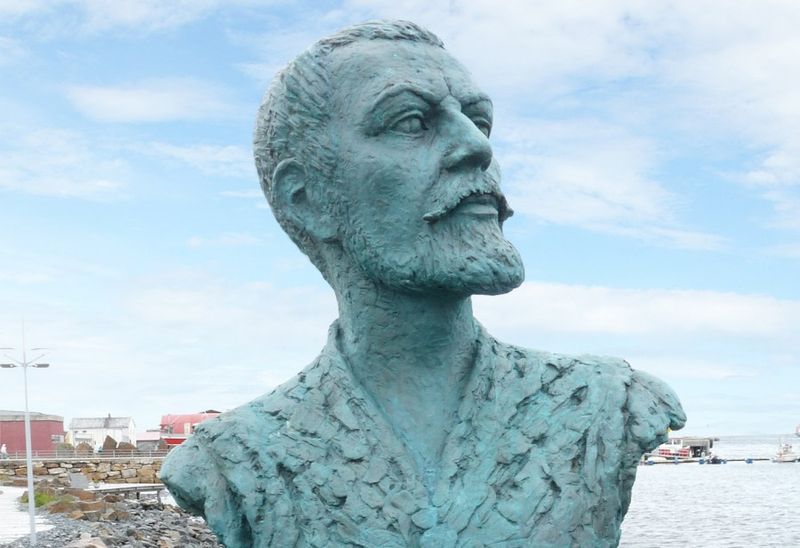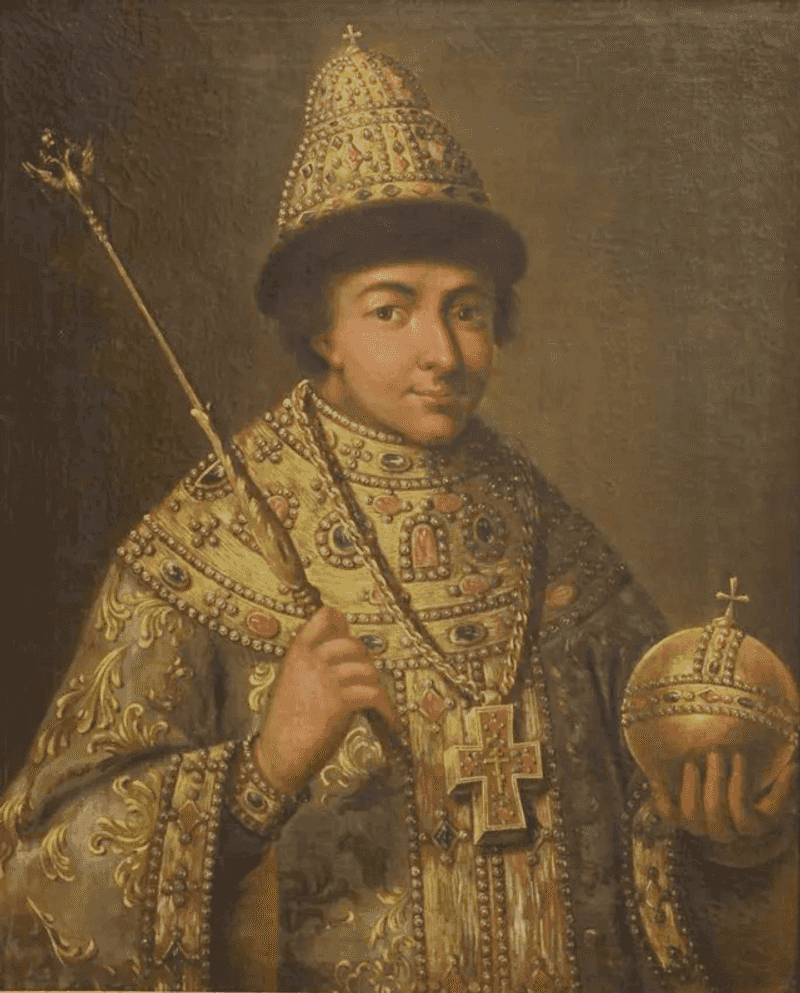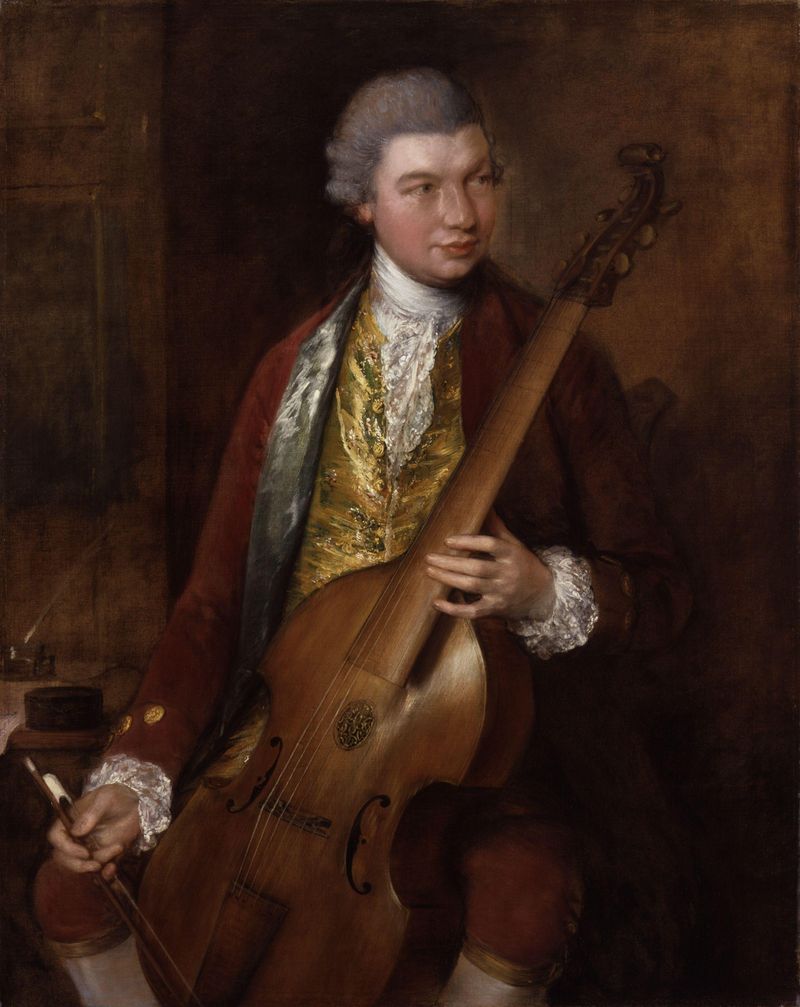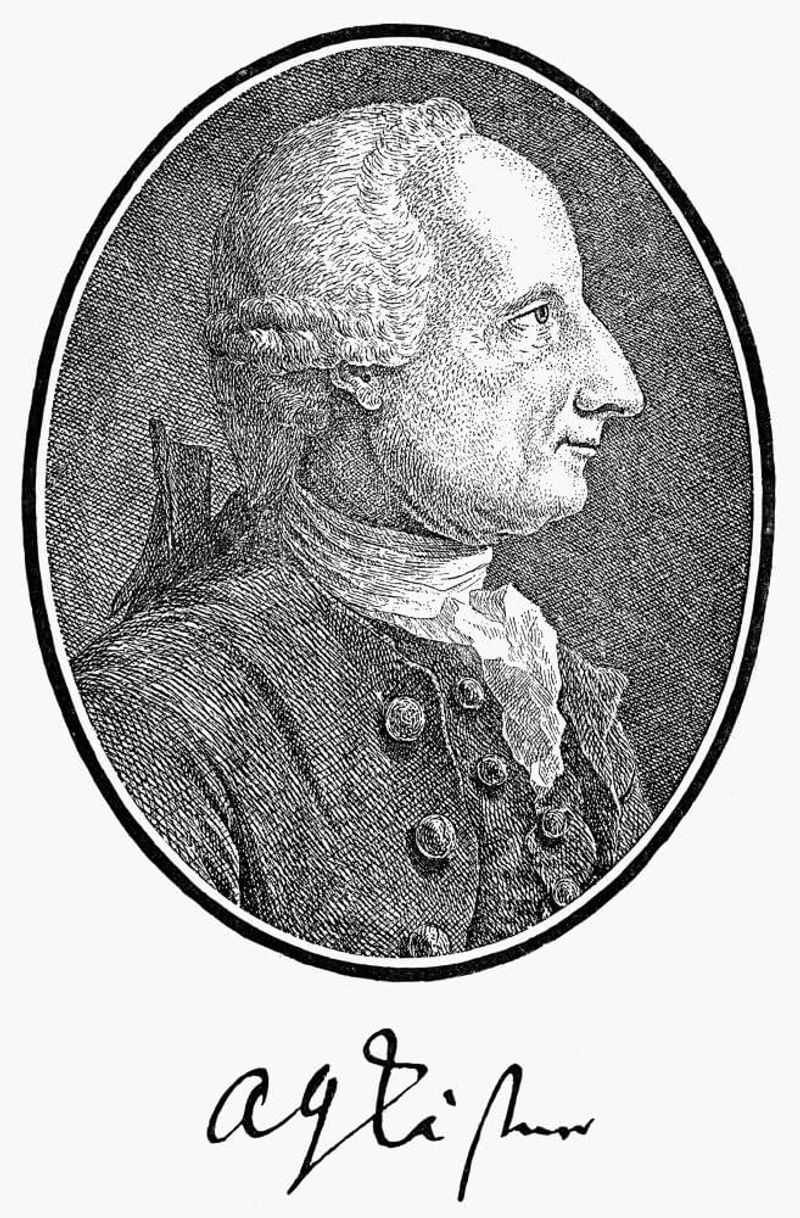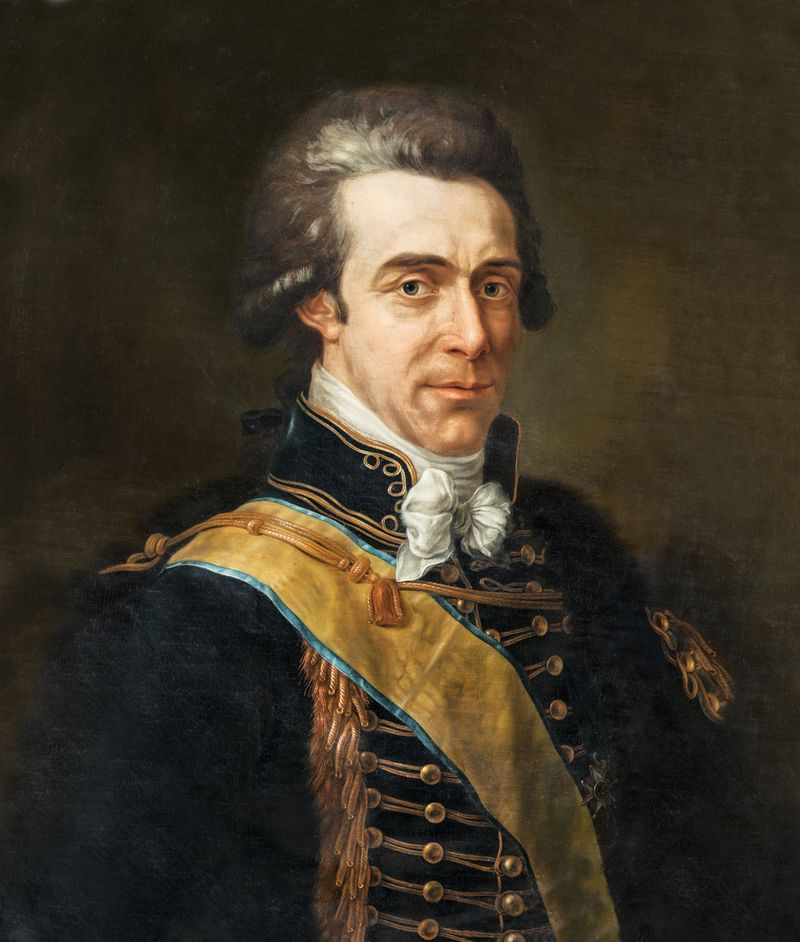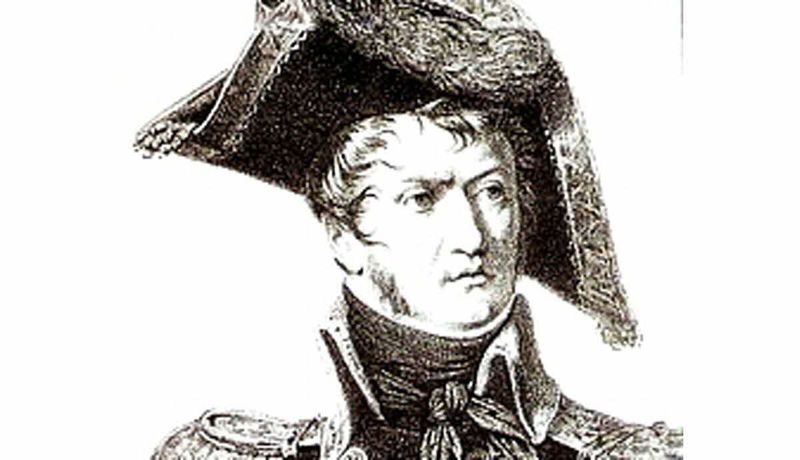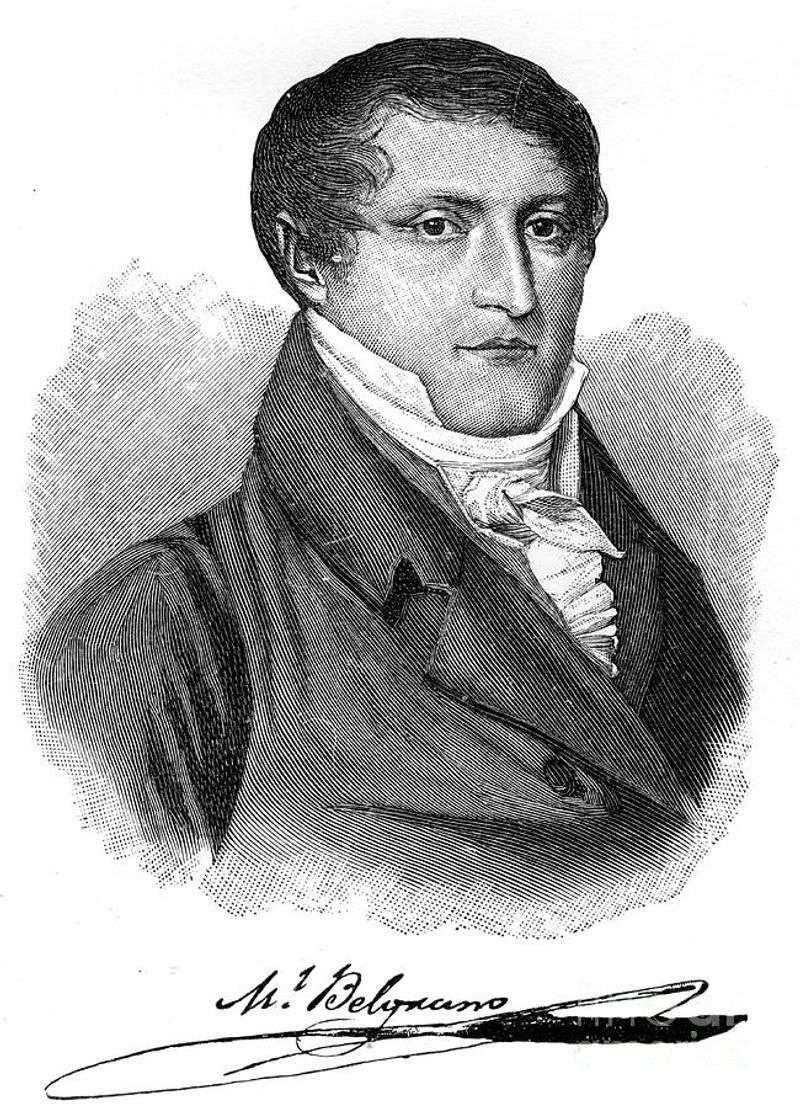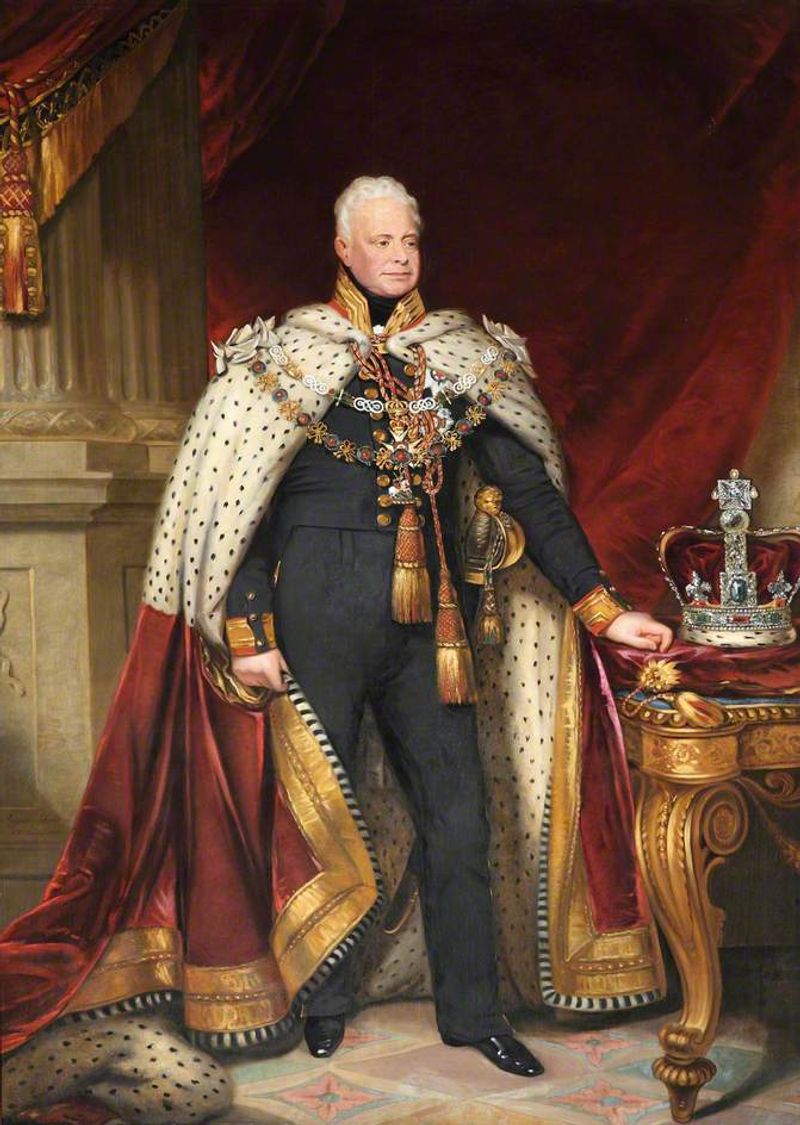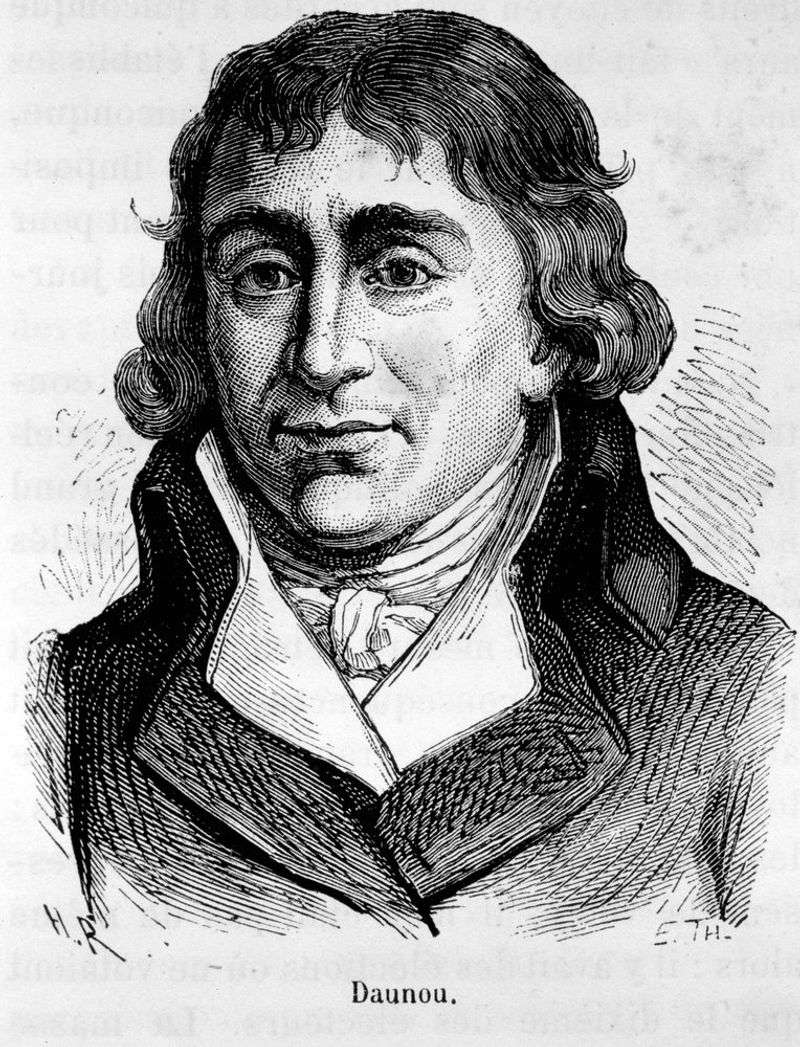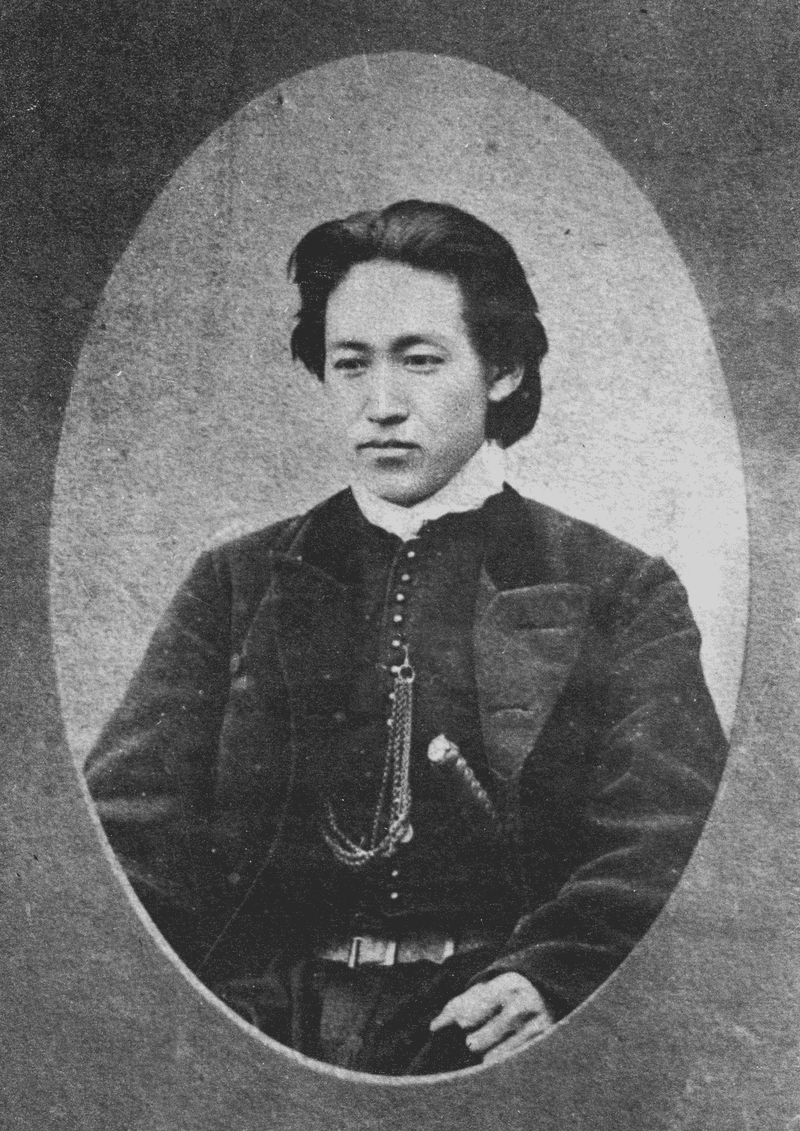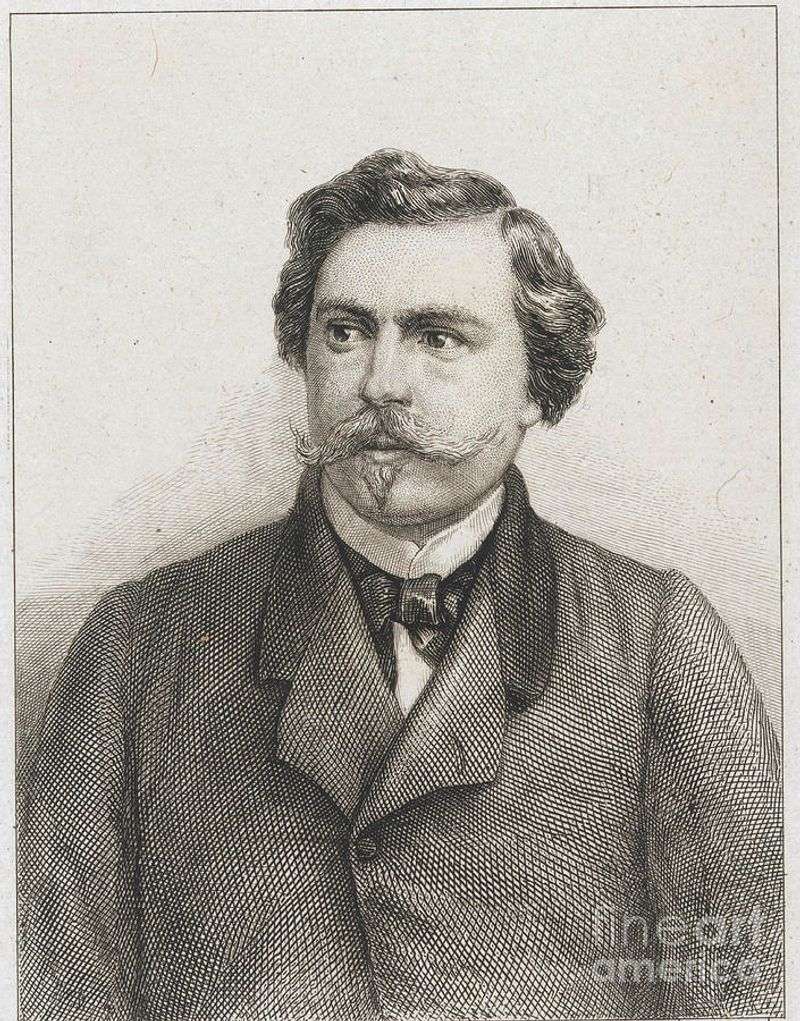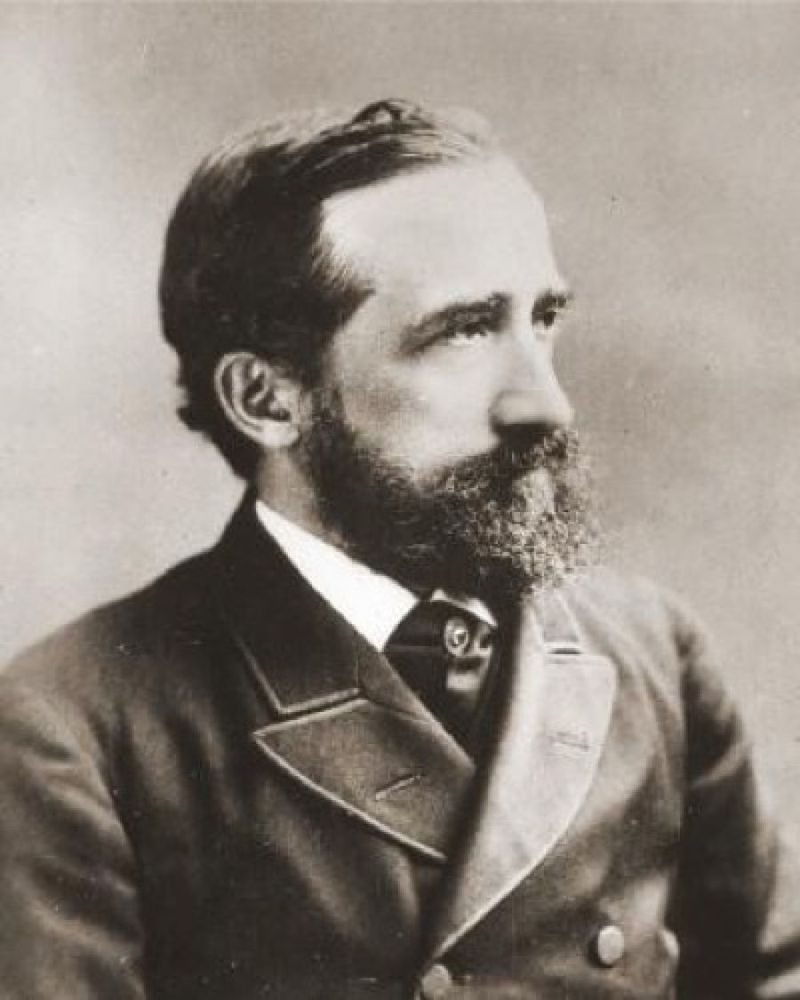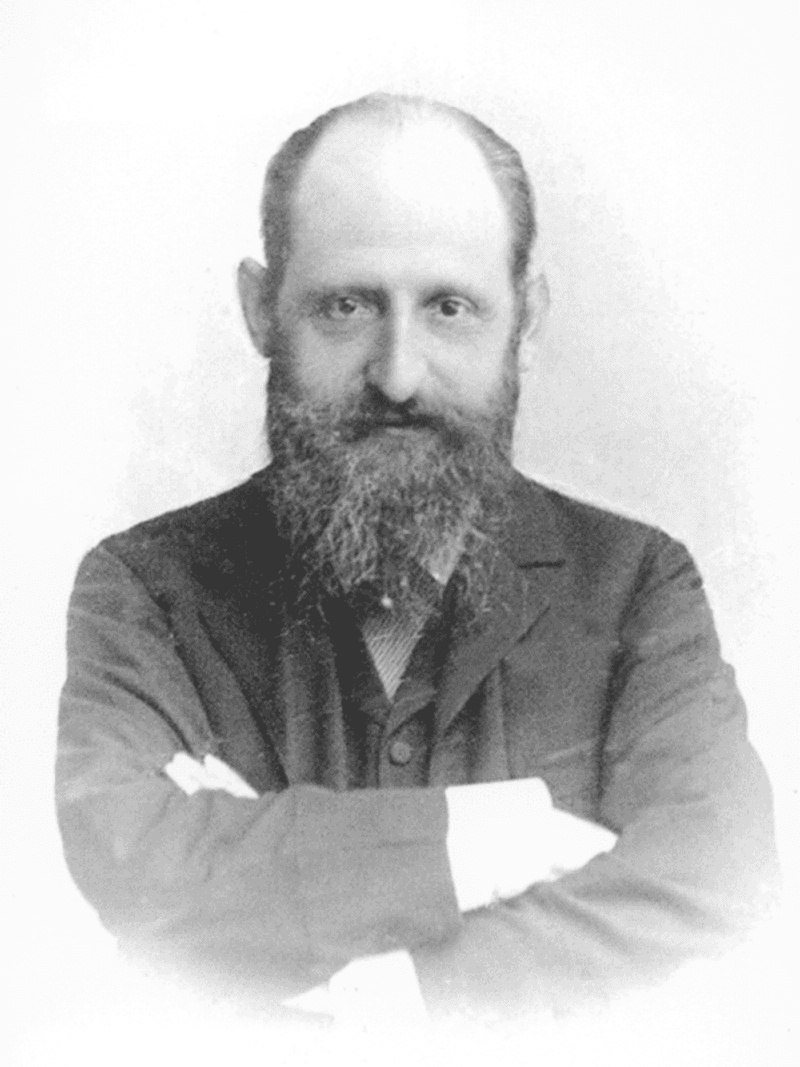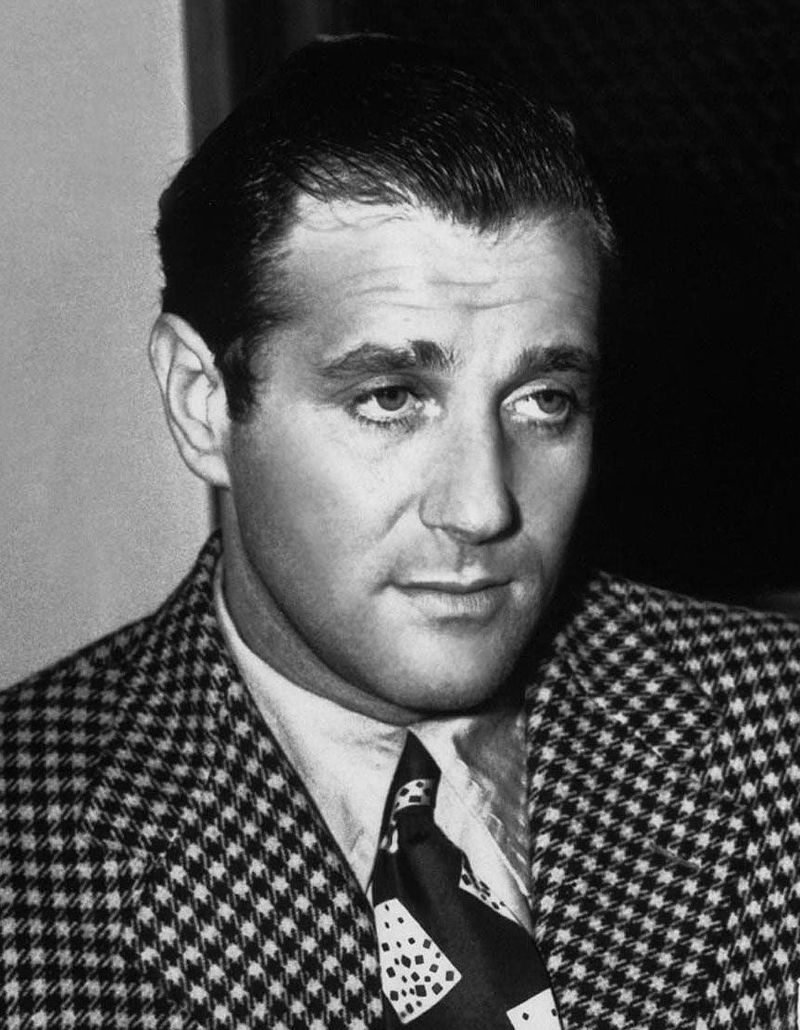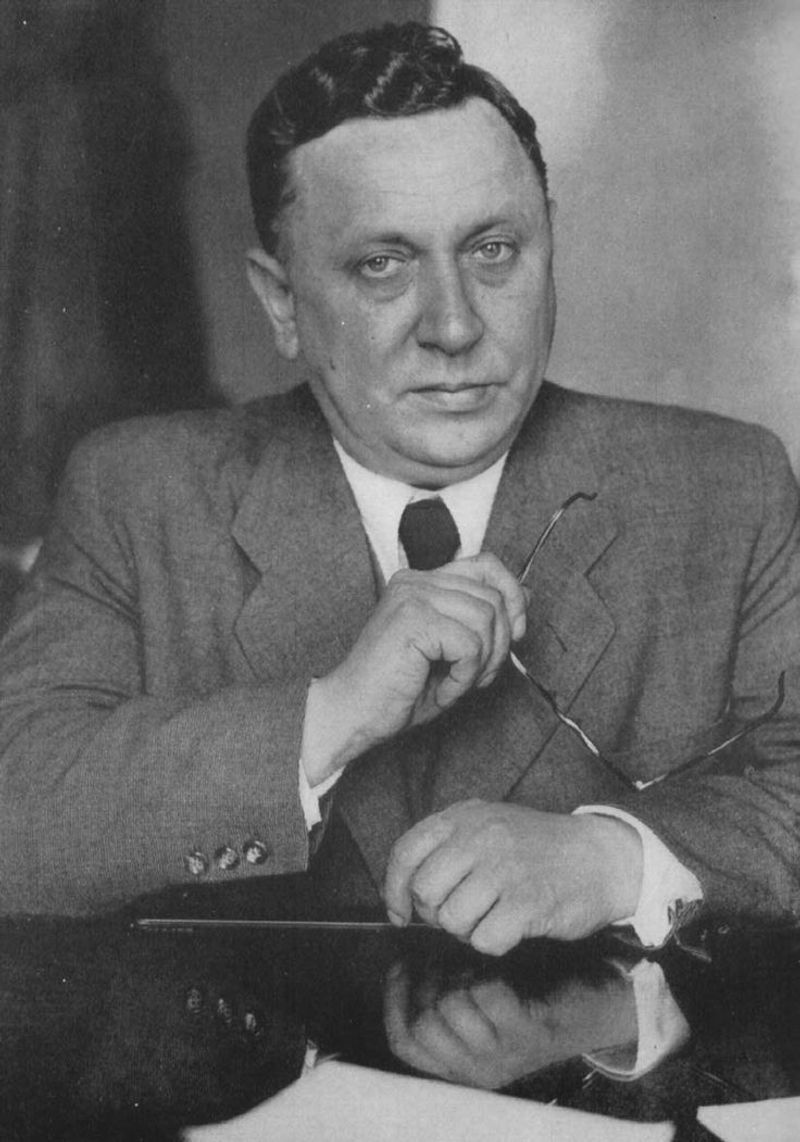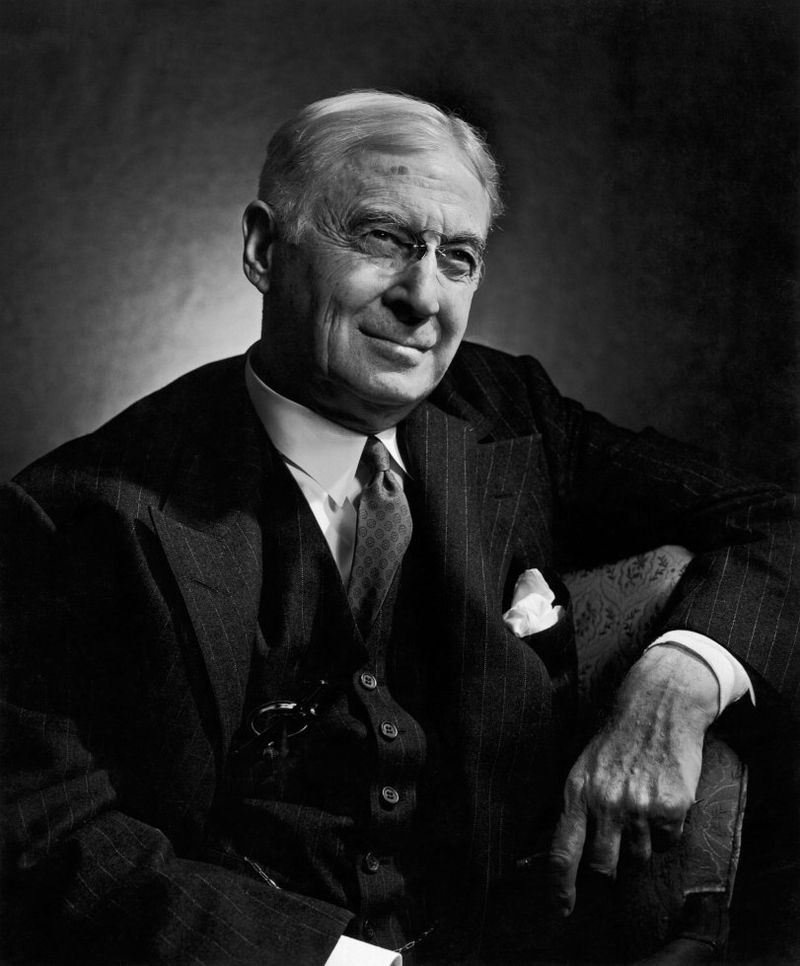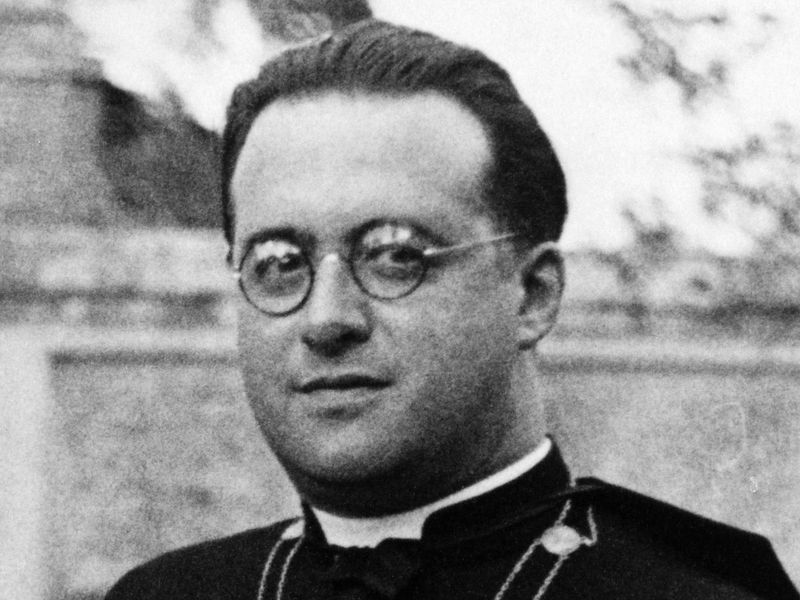June 20 marks the passing of many influential figures throughout history. This day connects us with emperors, explorers, artists, and scientists who have shaped the world. Here, we commemorate 18 such individuals who left an indelible mark on their respective fields.
1. Louis the Pious, Holy Roman Emperor, 840
Louis the Pious, son of Charlemagne, inherited a vast empire that required careful governance. Known for his devout nature, he sought to integrate religious values into imperial rule. However, his reign faced significant internal conflicts, partly due to his attempts to divide the empire among his sons. Nevertheless, Louis’s piety and vision for a Christian empire left a lasting impact. His rule marked key developments in monastic life and religious reform, influencing the spiritual landscape of medieval Europe.
2. Willem Barentsz, Explorer/Cartographer, 1597
Willem Barentsz was a pioneering explorer, known for his daring Arctic expeditions. He embarked on voyages to find a northeastern passage to Asia, facing treacherous icy waters. Barentsz’s detailed maps and accounts expanded European understanding of the Arctic regions. His journeys were marked by resilience and discovery, though they also brought immense hardship. Barentsz’s legacy endures in the maps he crafted and in the Barents Sea, named in his honor, symbolizing his indomitable spirit of exploration.
3. Feodor II of Russia, Tsar, 1605
Feodor II became Tsar of Russia during a tumultuous period. As the son of Boris Godunov, his rule was cut short by political upheaval. Despite his youth, Feodor showed promise in governance. However, his reign was overshadowed by civil unrest and rival claims to the throne. His tragic assassination marked the end of the Godunov dynasty. Feodor’s brief rule remains a poignant chapter in Russian history, symbolizing the fragility of power amid political intrigue.
4. Carl Friedrich Abel, Composer, 1787
Carl Friedrich Abel, a renowned composer of the Classical era, delighted audiences with his emotive symphonies and concertos. A virtuoso on the viola da gamba, Abel’s performances captivated listeners. His collaborations with Johann Christian Bach led to the famed Bach-Abel concerts in London. Abel’s compositions, characterized by their elegance and expressiveness, left a lasting imprint on classical music. His works continue to be celebrated, reflecting the graceful beauty of his musical legacy.
5. Abraham Gotthelf Kästner, Mathematician, 1800
Abraham Gotthelf Kästner was a prominent mathematician and educator known for his contributions to geometry and his extensive writings. His keen intellect and teaching skills inspired many students, including Carl Friedrich Gauss. Kästner’s humorous anecdotes and poetic flair made mathematics more accessible and engaging. His works, blending rigor with creativity, advanced mathematical understanding during his time. Kästner’s legacy endures through his influence on future generations of mathematicians and his playful approach to complex concepts.
6. Axel von Fersen the Younger, General/Politician, 1810
Axel von Fersen, a Swedish nobleman, played a pivotal role in European politics and military affairs. Known for his charm and intelligence, he was a confidant of Marie Antoinette. Fersen’s diplomatic missions across Europe showcased his strategic acumen. His controversial death, believed to be politically motivated, remains a topic of intrigue. Fersen’s life, marked by loyalty and adventure, reflects the complexities of an era shaped by revolution and change.
7. Guillaume Philibert Duhesme, General, 1815
General Guillaume Philibert Duhesme was a seasoned military leader during the Napoleonic Wars. His strategies and leadership in battles were marked by courage and innovation. Duhesme’s commitment to his troops earned him respect and admiration. Despite the challenges of war, his tactical brilliance shone through numerous engagements. His final stand at the Battle of Waterloo, though ultimately unsuccessful, demonstrated his unwavering resolve. Duhesme’s enduring legacy is that of a dedicated soldier and tactician.
8. Manuel Belgrano, General/Politician, 1820
Manuel Belgrano, a key figure in Argentina’s independence movement, was a visionary leader and strategist. His dedication to liberation and reform inspired his contemporaries. Belgrano’s efforts in economic and educational reforms underscored his commitment to national progress. As a military leader, he played a crucial role in pivotal battles for independence. Belgrano’s enduring legacy is celebrated in Argentina, symbolized by the national flag he designed, representing freedom and unity.
9. William IV of the United Kingdom, Monarch, 1837
William IV, known as the “Sailor King,” brought a distinct maritime flair to his reign. Ascending the throne at an advanced age, his rule was marked by political reform and naval influence. William’s support for the Reform Act of 1832 was pivotal in shaping modern British democracy. His pragmatic approach to governance and his naval background informed many of his policies. William’s relatively short reign left a lasting impact on the monarchy, steering it towards a modern era.
10. Pierre Claude François Daunou, Historian/Politician, 1840
Pierre Claude François Daunou, a distinguished historian and politician, played a significant role in post-revolutionary France. Known for his intellectual rigor, he contributed to constitutional development and historical scholarship. Daunou’s works on Roman and French history offered valuable insights into political theory. His balanced approach to politics and academia earned him respect across ideological divides. Daunou’s legacy endures in the annals of French history, reflecting his dedication to knowledge and governance.
11. Hijikata Toshizō, Samurai/Commander, 1869
Hijikata Toshizō, a legendary samurai, was a key figure during Japan’s turbulent Bakumatsu period. As vice-commander of the Shinsengumi, his leadership was marked by fierce loyalty and strategic prowess. Toshizō’s dedication to the samurai code exemplified the traditional values of honor and duty. His resistance against the Meiji Restoration underscored his commitment to the Shogunate. Despite his ultimate defeat, Toshizō’s legacy as a warrior and leader endures in Japanese cultural memory.
12. Jules de Goncourt, Author/Historian, 1870
Jules de Goncourt, alongside his brother Edmond, was a pioneering French writer and historian. The Goncourt brothers were known for their vivid literary style and commitment to realism. Their collaborative works offered glimpses into 19th-century French society. Jules’s contributions to art criticism and historical narratives enriched the cultural landscape. The Goncourt Prize, established posthumously, remains a testament to their literary influence, celebrating French literature’s finest talents.
13. Johannes Zukertort, Chess Master, 1888
Johannes Zukertort, a distinguished chess master, was renowned for his strategic brilliance on the board. Born in Poland, he rose to prominence in the international chess community. Zukertort’s match against Wilhelm Steinitz in 1886 marked the first official World Chess Championship. His innovative tactics and deep understanding of the game captivated audiences. Zukertort’s contributions to chess theory and his spirited competitions left a lasting legacy in the world of chess, inspiring future generations of players.
14. Josef Breuer, Physician/Psychologist, 1925
Josef Breuer, a pioneering physician and psychologist, played a crucial role in the development of psychoanalysis. His collaboration with Sigmund Freud on the “talking cure” set the foundation for modern psychotherapy. Breuer’s innovative approach to treating hysteria through dialogue marked a significant departure from traditional methods. His work laid the groundwork for exploring the unconscious mind. Breuer’s contributions to psychology and medicine remain influential, reflecting his commitment to understanding human behavior.
15. Bugsy Siegel, Mobster, 1947
Bugsy Siegel, an infamous mobster, was a key figure in the development of Las Vegas as a gambling hub. Known for his charm and ruthless ambition, he played a pivotal role in building the Flamingo Hotel. Siegel’s vision for a glamorous Las Vegas transformed the city’s landscape. However, his life was marked by violence and intrigue. Siegel’s legacy, both notorious and influential, is etched into the history of organized crime and the evolution of Las Vegas as a major entertainment capital.
16. Kurt Alder, Chemist/Nobel Laureate, 1958
Kurt Alder, a distinguished chemist, was recognized for his groundbreaking work in organic chemistry. His development of the Diels-Alder reaction, alongside Otto Diels, revolutionized synthetic chemistry. This breakthrough facilitated the creation of numerous complex molecules, impacting pharmaceuticals and materials science. Alder’s contributions earned him the Nobel Prize in Chemistry in 1950. His legacy is celebrated in laboratories worldwide, where his innovative methods continue to drive scientific progress.
17. Bernard Baruch, Financier/Statesman, 1965
Bernard Baruch, a prominent financier, and statesman, was known for his astute investment strategies and public service. Dubbed the “Lone Wolf of Wall Street,” Baruch’s financial acumen made him a key advisor during both World Wars. His vision for economic stability and international cooperation influenced major policy decisions. Baruch’s legacy is reflected in his contributions to public policy and his philanthropic efforts, symbolizing a lifetime dedicated to economic and social progress.
18. Georges Lemaître, Physicist/Astronomer, 1966
Georges Lemaître, a pioneering physicist and astronomer, is best known for proposing the Big Bang theory. His groundbreaking work on the expanding universe reshaped our understanding of cosmology. Lemaître’s insights bridged the gap between science and philosophy, earning him recognition as a leading thinker of his time. His contributions to astrophysics continue to inspire scientific exploration. Lemaître’s legacy endures in the stars, reflecting humanity’s quest to unravel the mysteries of the universe.


